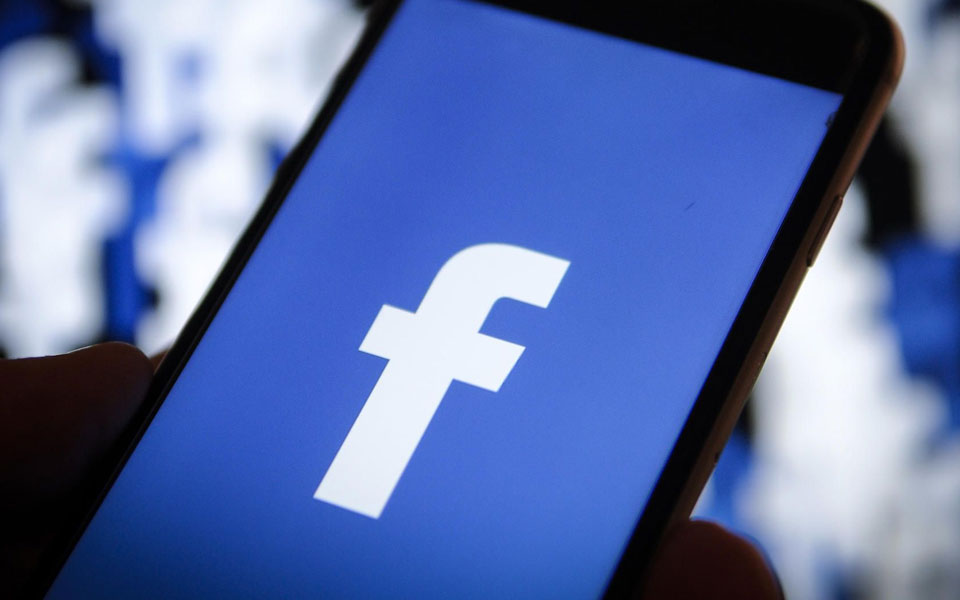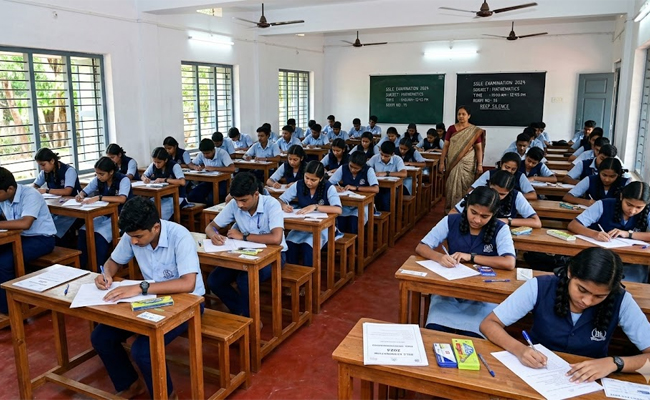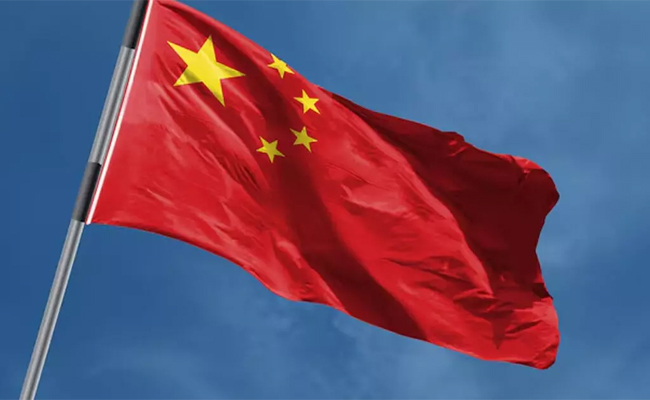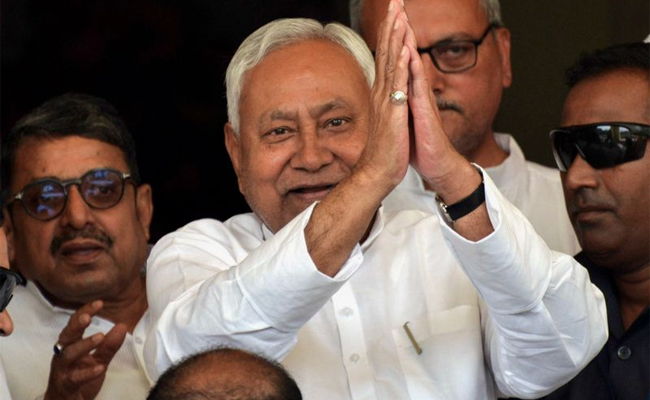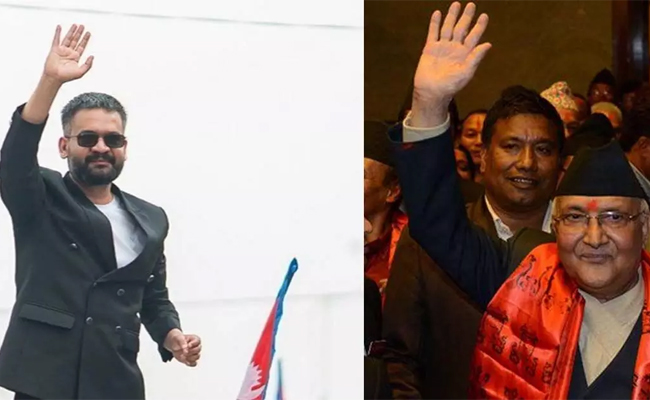San Francisco, July 3 : In yet another privacy goof-up, Facebook has admitted that over 800,000 users were affected by a bug on its platform and Messenger that unblocked some people these users had blocked.
The bug was active between May 29 and June 5 -- and while someone who was unblocked could not see content shared with friends, they could have seen things posted to a wider audience, said Facebook.
"For example pictures shared with friends of friends. We know that the ability to block someone is important -- and we'd like to apologise and explain what happened," Erin Egan, Chief Privacy Officer at Facebook, wrote in a blog post on Tuesday.
When you block someone on Facebook, they cannot see things you post on your profile, start conversations with you on Messenger or add you as a friend. Blocking also automatically unfriends them if you were previously friends.
"In the case of this bug, it did not reinstate any friend connections that had been severed," Egan said.
Nearly 83 per cent of people affected by the bug had only one person they had blocked temporarily unblocked. Someone who was unblocked might have been able to contact people on Messenger who had blocked them, Facebook noted.
The company said the issue has now been fixed and everyone has been blocked again. "People who were affected will get a notification on Facebook encouraging them to check their blocked list," the company said.
Facebook has already been grappling with privacy issues like the Cambridge Analytica data scandal involving 87 million users and another bug that changed 14 million users' privacy setting defaults to public.
"While 800,000 people is just a tiny fraction of the 2.2 billion Facebook user base, that is still a sizable number of affected users who may have been subject to concerning episodes," The Verge reported.
Let the Truth be known. If you read VB and like VB, please be a VB Supporter and Help us deliver the Truth to one and all.
Thiruvananthapuram (PTI): The SSLC (Class X) examination commenced in schools across Kerala on Thursday.
Kerala General Education Minister V Sivankutty wished students appearing for the SSLC examinations success and urged them to approach the tests with confidence.
Apart from the SSLC examination, the Plus One examination also commenced on Thursday, while the Plus Two examination will begin on Friday.
As many as 4,17,497 students are appearing for the SSLC examination, which is being held at 3,047 centres.
ALSO READ: Nitish likely to file nominations for Rajya Sabha polls
A total of 633 students have registered for the SSLC examination from the Lakshadweep region.
Similarly, 633 students have registered for the SSLC examination in the Gulf region, where the examination has been postponed due to the ongoing conflict in West Asia.
The examination will conclude on March 30.
According to the Education Department, valuation camps for the exam papers will be held from April 7 to April 28, and the results are expected to be declared in May.
Sivankutty, in a Facebook post, said examinations should not be viewed with anxiety but as an opportunity to express the knowledge students have acquired.
Noting that students are appearing for the exams after completing their studies with revised textbooks based on the New Curriculum Framework 2023, introduced after a gap of 11 years, the minister said the new evaluation system aims to assess 21st-century skills such as critical thinking, analytical ability and creativity.
He also assured students that there are no changes in the examination structure this year and cautioned them against attempts by some people to deliberately spread fear in connection with the exams, urging them to reject such messages with discretion.
He reminded students that the Class 10 examination is only a qualifying test for higher studies and that the government has ensured Plus One seats for all students in Kerala.
The minister further urged students to prioritise their physical and mental health during the exam period by maintaining proper sleep and food habits.
“This is not the last examination in life. A world of opportunities lies ahead of you. Enter the examination hall with a calm mind,” he said, wishing all students success.
As many as 4,11,025 students have registered for the Higher Secondary (Plus One) examination and 4,52,437 students for the Higher Secondary (Plus Two) examination, which will conclude on March 28.

